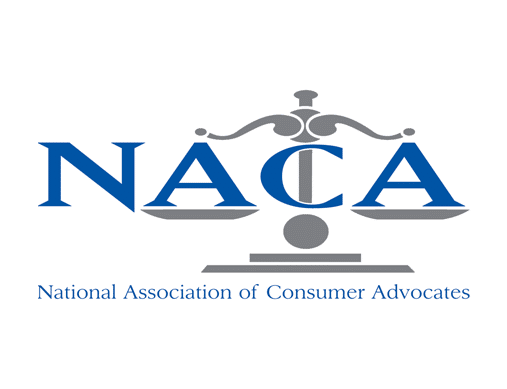How to Record Debt Collection Calls on iPhone and Android
The simplest way to record a phone call now is to put the phone on speaker phone, and just record into another phone’s memo recording app.
There are more complicated methods. Here’s a recently-updated webpage discussing recording on iPhone. http://www.digitaltrends.com/mobile/how-to-record-calls-iphone/
Here’s a 2016 article with 5 call recording apps for Android. http://joyofandroid.com/best-android-call-recorder-apps/
Remember that when you are recording phone calls you have to pay attention to wiretapping laws. You can NEVER record a phone conversation where you are not one of the participants in the call. That is true wiretapping. Most states are “single party” states which means if one party (you) is aware of the recording, it is legal to record the call, even without telling the other party. A few states are “two party” consent states where both parties have to consent to the recording. According to information I found on the web, the following states are two-party consent states: California, Connecticut, Florida, Illinois, Maryland, Massachusetts, Montana, New Hampshire, Pennsylvania, and Washington. If you are in a one-party state and you record a call where the other party is in a two-party state, you won’t be prosecuted for the call, but there may be limitations on how you can use it.



